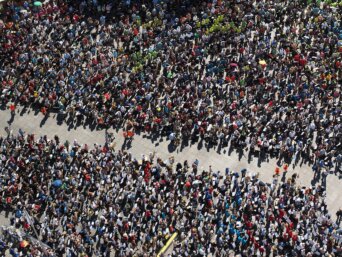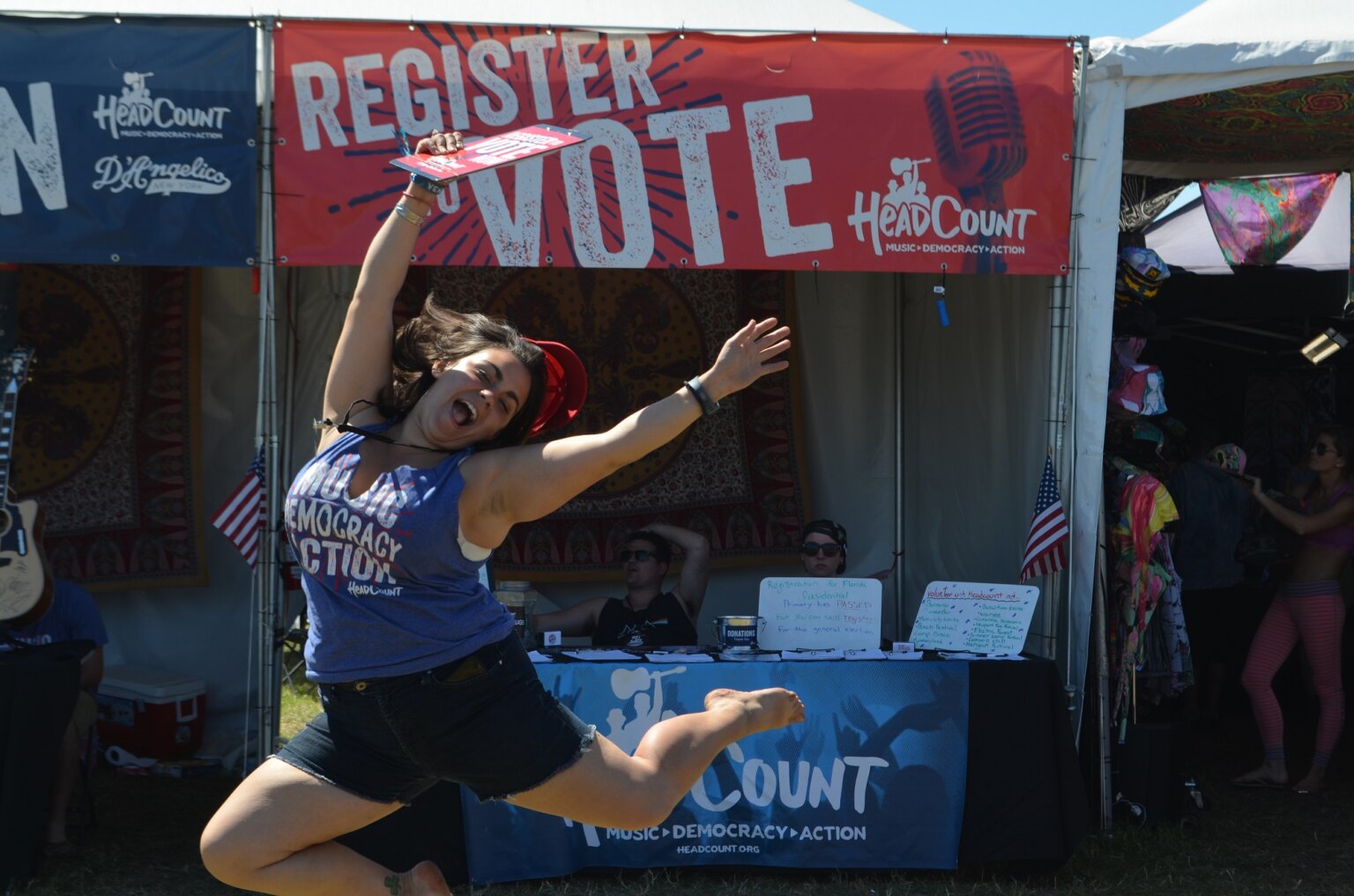- About
- Topics
- Picks
- Audio
- Story
- In-Depth
- Opinion
- News
- Donate
- Signup for our newsletterOur Editors' Best Picks.Send
Read, Debate: Engage.
| topic: | Election |
|---|---|
| located: | Belarus, Lithuania |
| editor: | Igor Serebryany |
The third day after Belorusian President Alexander Lukashenko declared himself a winner in Sunday's elections, August 9, the country's capital Minsk has been an arena for street protests which continue around the clock.
The country's central election commission declared that Lukashenko secured his sixth term in office with over 80 per cent of ballots, with his principal contender, 37-year-old housewife Svetlana Tikhanovskaya, who scored less than 10. The opposition believes that the results are falsified.
Tikhanovskaya, who was forcefully held in the central election commission premises for seven hours on Sunday night, fled Belarus for neighbouring Lithuania, citing personal safety reasons (and to join her children). Phone and internet communications in the country have been disrupted since Sunday.
Protesters in Minsk, Brest and other Belorusian major cities clash with riot police exchanging Molotov firebombs, fireworks, tear gas and stun grenades. Protesters also set up barricades in several thoroughfares of Minsk. Over 3,000 people have been arrested as of Tuesday, including a group of Russian journalists, at least one person was killed.
On some occasions, however, demonstrators made the police units flee while in Brest, an army convoy sent to crash the opposition meeting returned to their barracks after facing an angry crowd on the road. In at least half a dozen plants and factories in various cities, workers went on strike demanding to recount the ballots.
Though presidents of the former Soviet states were quick to congratulate their colleague for his "landslide victory", it is not granted that Lukashenko, who has been in power since 1994, can enjoy it. At least, the questionable results of the elections let the genie out of the bottle: the opposition now has its leader, Tikhnovskaya, and people finally obtained a feeling that they can successfully counter law enforcers (who, as Brest situation demonstrated, are not monolithic themselves).
Civilians can successfully counter the police and army without any use of force, Russian political expert Abbas Gallyamov is convinced. "General strike is one of the ways to make Lukashenko succumb. The police can squeeze people from the streets but it can't make them work," he said reminding us of Polish modern history, where during the 1980s, the Communist government fell after the Solidarnosc opposition movement called on the Poles to go on a strike, which lasted several months.
Still, the current situation will unlikely develop into something reminiscent of the "colour revolution" in Kiev in 2014, head of the Council for International and Defence Policy Fedor Lukyanov suggests. "I have a gut feeling that protests are going to subside pretty quickly and there will be no Maidan in Minsk," he said referring to the 2014 months-long street stand-off in Kiev that eventually brought Ukrainian pro-western government to power.
"Lukashenko will likely break even. His objective, to be re-elected by any price, has been achieved. Like it or not, this is a 'fait accompli'. And he is a fighter by nature – he will fight until the end regardless of price," Lukyanov says.
Image by Hans Braxmeier

